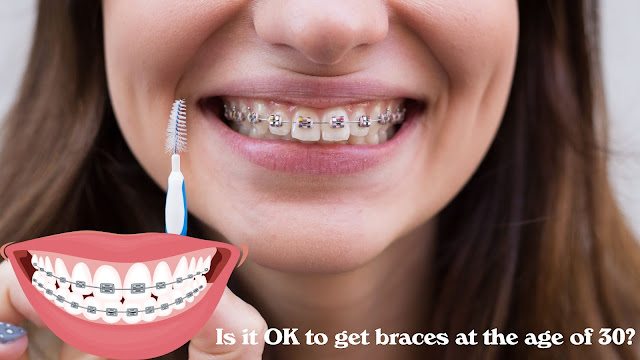How to Choose the Best Dentist in Delhi: A Complete Guide to Finding Quality Dental Care
.jpg)
Delhi is a city that thrives on excellence—be it in food, fashion, or healthcare. And when it comes to oral health, residents of the capital have access to some of the best dental care in India. But with so many options available, how do you choose the best dentist in Delhi or find a dental clinic in Delhi that truly meets your needs? Whether you're facing a toothache, planning a smile makeover, or simply searching for the “ best dentist near me ,” this guide will help you find a trusted dental expert in Delhi and understand what to look for. Why You Need a Reliable Dentist in Delhi Oral health is more than just brushing twice a day. Dental issues like cavities, gum infections, or misaligned teeth can sneak up on you and become serious (and expensive) if ignored. That’s why having a reliable dental clinic in Delhi on your speed dial is a smart move. Regular dental check-ups, cleanings, and timely treatments not only protect your teeth but can also prevent bigger health issues—lik...
%20(5).jpg)
